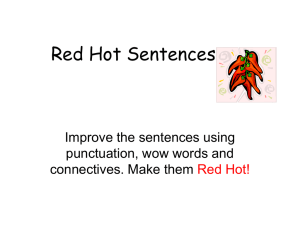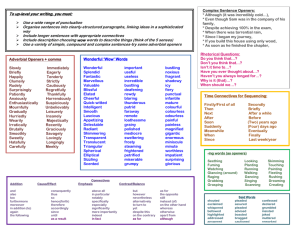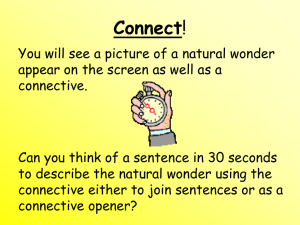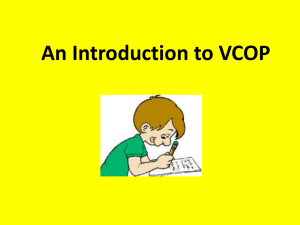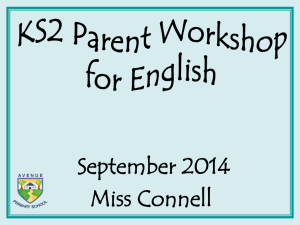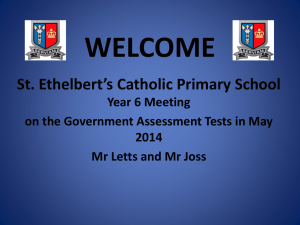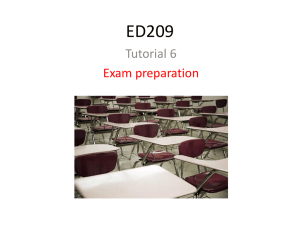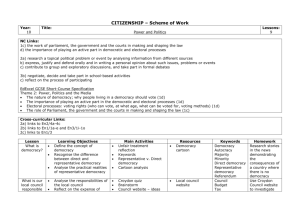Big Writing - Old Stratford Primary School
advertisement
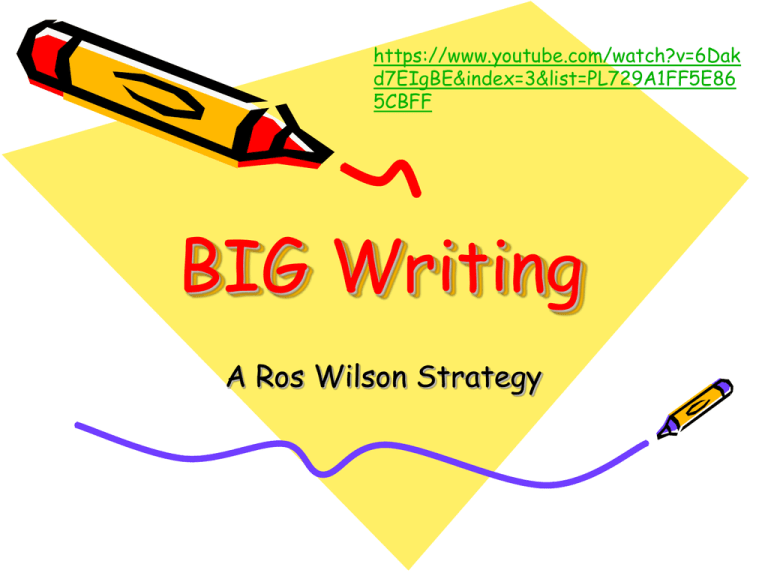
https://www.youtube.com/watch?v=6Dak d7EIgBE&index=3&list=PL729A1FF5E86 5CBFF BIG Writing A Ros Wilson Strategy How well is our school doing in English? • In Reception last year 75% achieved or exceeded expected levels in the specific learning goals, compared with 57% in Northamptonshire • In Key Stage 1, 39% of pupils gained a Level 3 in writing compared with 16% in Northamptonshire • In Key Stage 2 more than half our pupils attained Level 5 in writing and our attainment in English is currently in the top 10% of schools nationally The Big Writing Philosophy • Big Writing is the development of ‘basic skills’ through fast, fun, lively and predominantly oral activities. • Pupils learn to talk using their ‘writing voice’. Based on the premise, IF A CHILD CAN’T SAY IT, A CHILD CAN’T WRITE IT There is a longer Big Writing session once every week which includes a longer writing session. VCOP VCOP Summary Vocabulary The range of ambitious vocabulary a pupil knows; WOW words. Connectives The range of ways pupils have of joining ideas, phrases & sentences. Openers The strategies pupils have for opening sentences; especially the 3 key openers: connectives, ‘ly’ words & ‘ing’ words. Punctuation The range of punctuation a pupil can use & the accuracy with which they use it. Level 1 Level 2 Level 3 Level 4 Level 5 . . ? . ?, ! . ? , ! … ’ “” . ? , … - ! ’ “” : ; ( ) The Punctuation Pyramid ‘Writing Voice’ and ‘Big Talk’ Children are encouraged to use their ‘Writing Voice’ – Standard English. Parents as ‘talkers, listeners and readers’. Never miss a chance to have a good chat! BIG WRITE SESSIONS The night before our weekly Big Write session at school, there will be a Big Talk Homework. Children will discuss and prepare (mentally) for what they are going to write about. Children should use their ‘Writing Voice’. The following day in school we have ‘planning time’ for a Big Write. This consists of around 35 mins of fast, fun, lively oracy based activities linked to what’s expected in their writing, using their writing voice. This is followed by 10 mins of planning time. Silent Big Write Session TIMINGS: * Year 1 – 3O minutes silent Big Write session * Year 2 and KS2 – 45 minutes silent Big Write session So, Year 1 have half hour planning time before morning break, then their silent half hour session after break. Year 2 and KS2 have one and a half hours’ Big Write time split into two x 45 min sessions across morning break. In the second part of the session, teachers adjust the mood and atmosphere accordingly: Music, mood lighting, brain breaks, special pencils etc. Mini plenaries are included in the silent session. 10 mins 40 mins Check your targets! Check your punctuation! 45 MINS 20 mins 30 mins Check your openers and connectives! Check your WOW words! Big Talk Homework So, how are you able to help us to get the most from your children in the Big Write session? Your child will come home with a slip of paper each week, explaining what their Big Write will be about the next day. This is your child’s Big Talk Homework. Tomorrow Morning, your child will be writing about their chosen Amazon rainforest animal. Please find time this evening to talk with your child about their plans for this piece of work. Memories of this conversation will really help your child when completing this task. Big Talk Homework Some possible suggestions: • Use your ‘Writing Voice’ • Ask family members to say what they might write about • Think of ‘wow’ words that might suit your topic that week • Try to use the word ‘because’ to help explain thoughts • Use ‘spare’ moments when travelling/waiting to talk about any topic Why is talk important? Talk is our language on paper. The better we can talk, the better we can write. We write to get things we want or need: jobs, shopping, help or advice, friendship etc. The more words we know and the richer the words we have, plus our confidence in using language for effect, influences how well we succeed in life. TOP TIPS for creating a suitable reading environment: • Try to create a relaxed reading atmosphere. Establish a regular time and place to read. Reading should be a happy, shared experience in a quiet environment with no distractions. • Reading books are changed three times a week in KS1, but children should be heard to read at home on a daily basis. It is ok to read the same book twice. Different skills can be developed on a second read through. • Remember that reading a book is not the only reading your child will do. Encourage them to read signs, leaflets, recipes, instructions and so on. By reading these types of texts your child will often be reading without realising they are doing so! It also shows them that reading is also for a purpose. • Read to your child. Share a story together. This is just as much an important part of reading as having them read to you. • It can be very motivating for a child to share books with siblings, grandparents and friends too, so try to allow for opportunities for this. • Encourage the reading of a range of genres – fiction, nonfiction, comics, reference books. Above all, enjoy the experience! Reading Eggs Reading Eggs is an online reading programme that makes learning essential reading skills a fun and motivating experience for 3 – 13 year olds. The programme has many features that support core literacy teaching and gets pupils successfully started on their journey to becoming proficient readers.
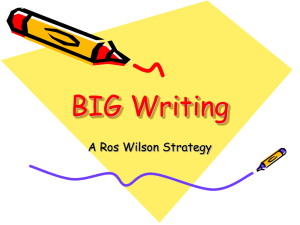
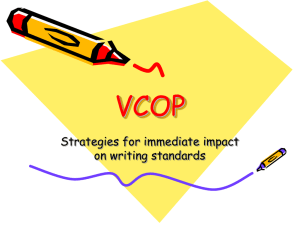
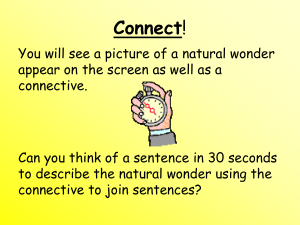
![afl_mat[1]](http://s2.studylib.net/store/data/005387843_1-8371eaaba182de7da429cb4369cd28fc-300x300.png)

